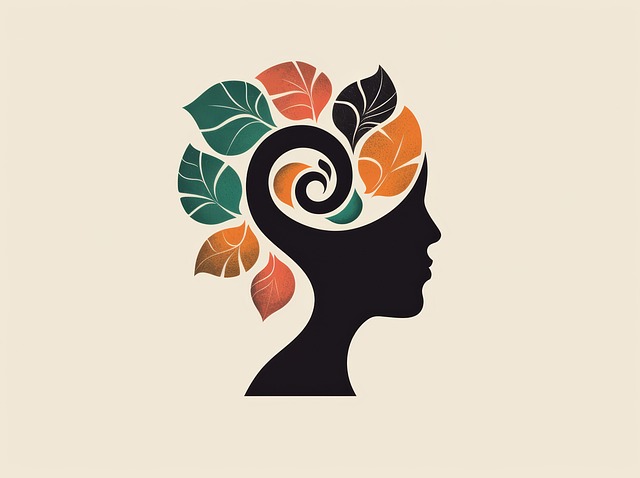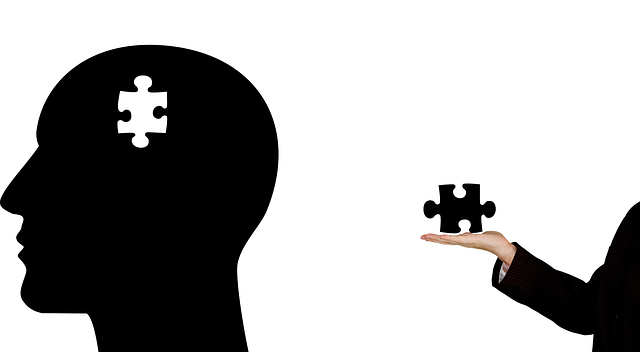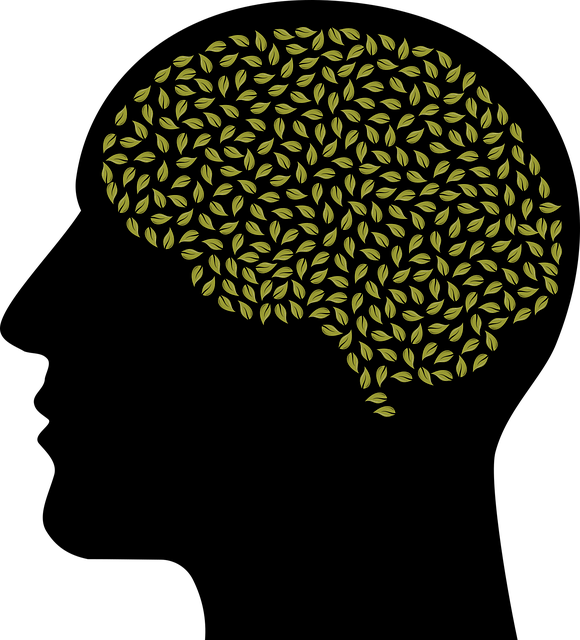Evaluating therapy for elderly individuals with dissociative disorders requires a blend of quantitative (e.g., Dissociative Disorders Interview Schedule, DDIS) and qualitative methods (e.g., mental wellness journaling, free associations). Cultural sensitivity is vital to address self-esteem issues shaped by diverse beliefs and ageism. Holistic assessment tools like clinical interviews and case studies help tailor evidence-based interventions (mindfulness, CBT) to boost quality of life and alleviate symptoms. Qualitative approaches through in-depth interviews and focus groups reveal personal experiences, cultural factors, and unmet needs, guiding comprehensive therapy programs for this vulnerable population.
Mental wellness programs for elderly individuals with dissociative disorder require rigorous evaluation to ensure effectiveness. This article explores diverse assessment methods, from standardized tools and clinical interviews to qualitative insights from focus groups and quantitative analysis through surveys and statistics. By examining therapy effectiveness, uncovering deep-rooted issues, measuring outcomes, and incorporating client and caregiver feedback, we gain a holistic view of therapy for elders with dissociative disorder, enhancing program impact and care.
- Assessing Therapy Effectiveness for Elderly Individuals with Dissociative Disorder
- – Exploring standardized assessment tools specific to dissociative disorders in the elderly population.
- – The role of clinical interviews and case studies in understanding therapy progress.
- Qualitative Methods: Uncovering Deep-Rooted Issues and Improvements
Assessing Therapy Effectiveness for Elderly Individuals with Dissociative Disorder

Evaluating the effectiveness of therapy for elderly individuals with dissociative disorder requires a nuanced approach that considers both the individual’s symptoms and their unique life experiences. Standardized assessment tools, while useful, may not fully capture the complexity of this population’s mental health needs. Therefore, therapists should employ qualitative methods alongside quantitative measures to gain a comprehensive understanding of progress. For instance, mental wellness journaling exercises can offer insights into long-term changes in mood, thoughts, and behaviors, as well as help identify triggers or patterns that contribute to dissociative episodes.
Cultural sensitivity in mental healthcare practice is paramount when working with elderly individuals from diverse backgrounds. Recognizing the influence of cultural beliefs, traditions, and experiences on dissociation can guide therapists in tailoring interventions for self-esteem improvement. Additionally, understanding the impact of ageism within society can foster a more inclusive therapeutic environment, encouraging open communication and enhanced engagement. This holistic evaluation approach ensures that therapy remains effective, culturally responsive, and aligned with the specific needs of elderly individuals navigating dissociative disorder.
– Exploring standardized assessment tools specific to dissociative disorders in the elderly population.

Evaluating mental wellness programs for elderly individuals with dissociative disorders requires specialized assessment tools tailored to this specific demographic. Standardized measures are essential to ensure accurate diagnoses and effective treatment planning. One such tool is the Dissociative Disorders Interview Schedule (DDIS), designed to assess the presence and severity of dissociative symptoms, a common feature in older adults with trauma histories. This interview-based assessment provides a comprehensive overview of an individual’s experience, including their capacity for self-awareness, identity, and memory, which are often disrupted in dissociative disorders.
Furthermore, integrating stress management techniques and confidence-boosting activities within these programs can significantly enhance outcomes. Stress reduction methods, such as mindfulness practices and cognitive-behavioral therapy (CBT), have shown promise in improving symptoms of dissociation and related conditions like anxiety and depression. By incorporating evidence-based interventions, mental wellness programs can cater to the unique needs of elderly individuals, promoting not only symptom relief but also improved overall quality of life.
– The role of clinical interviews and case studies in understanding therapy progress.

Clinical interviews and case studies play a pivotal role in evaluating the progress of therapy for elders suffering from dissociative disorders. These methods allow therapists to gain deep insights into the patient’s experiences, memories, and emotions, which are often fragmented due to dissociation. Through structured conversations, therapists can map out the individual’s journey, identify triggers, and assess the effectiveness of therapeutic interventions. By exploring free associations, dream analysis, and other dynamic techniques during clinical interviews, therapists can uncover underlying causes and patterns contributing to the dissociative symptoms.
Case studies provide a comprehensive framework for understanding the complex nature of dissociative disorders in older adults. They offer detailed narratives that capture the patient’s history, presenting concerns, therapeutic goals, and outcomes over time. This qualitative approach enables researchers and practitioners to analyze not only the success or failure of specific interventions but also the impact on the individual’s overall mental wellness. Moreover, case studies can inform mental health policy analysis and advocacy by highlighting gaps in services and resources dedicated to addressing burnout prevention for therapists working with vulnerable populations like elders with dissociative disorders.
Qualitative Methods: Uncovering Deep-Rooted Issues and Improvements

Qualitative methods play a pivotal role in evaluating mental wellness programs, especially when delving into complex issues like dissociative disorders among elders. These methods go beyond numbers and statistics to uncover the nuances of individual experiences, providing a deeper understanding of the challenges faced and potential improvements. Through in-depth interviews and focus groups, participants can share their personal journeys, shedding light on cultural, social, or traumatic factors contributing to mental health issues. This approach is particularly valuable for therapy programs targeting elders with dissociative disorders, allowing researchers to explore the unique barriers and facilitators of healing within specific communities.
Furthermore, qualitative evaluations enable the identification of unmet needs and aspirations within these populations. By engaging in self-awareness exercises and encouraging emotional intelligence, participants may reveal insights into their coping mechanisms, support systems, or desires for program enhancements. These findings can guide the development of tailored interventions, ensuring that mental wellness programs address not only symptoms but also the underlying causes, fostering a more comprehensive and effective therapeutic environment, and contributing to successful stigma reduction efforts.
The evaluation of mental wellness programs, particularly those catering to elderly individuals with dissociative disorders, is a multifaceted process. By combining standardized assessment tools tailored to this specific population and qualitative methods, therapists can gain comprehensive insights into the effectiveness of treatment. This dual approach not only measures progress but also uncovers deep-rooted issues, allowing for more targeted interventions. Understanding the unique challenges faced by elderly individuals with dissociative disorders is crucial in designing therapy programs that promote healing and enhance their overall well-being.














